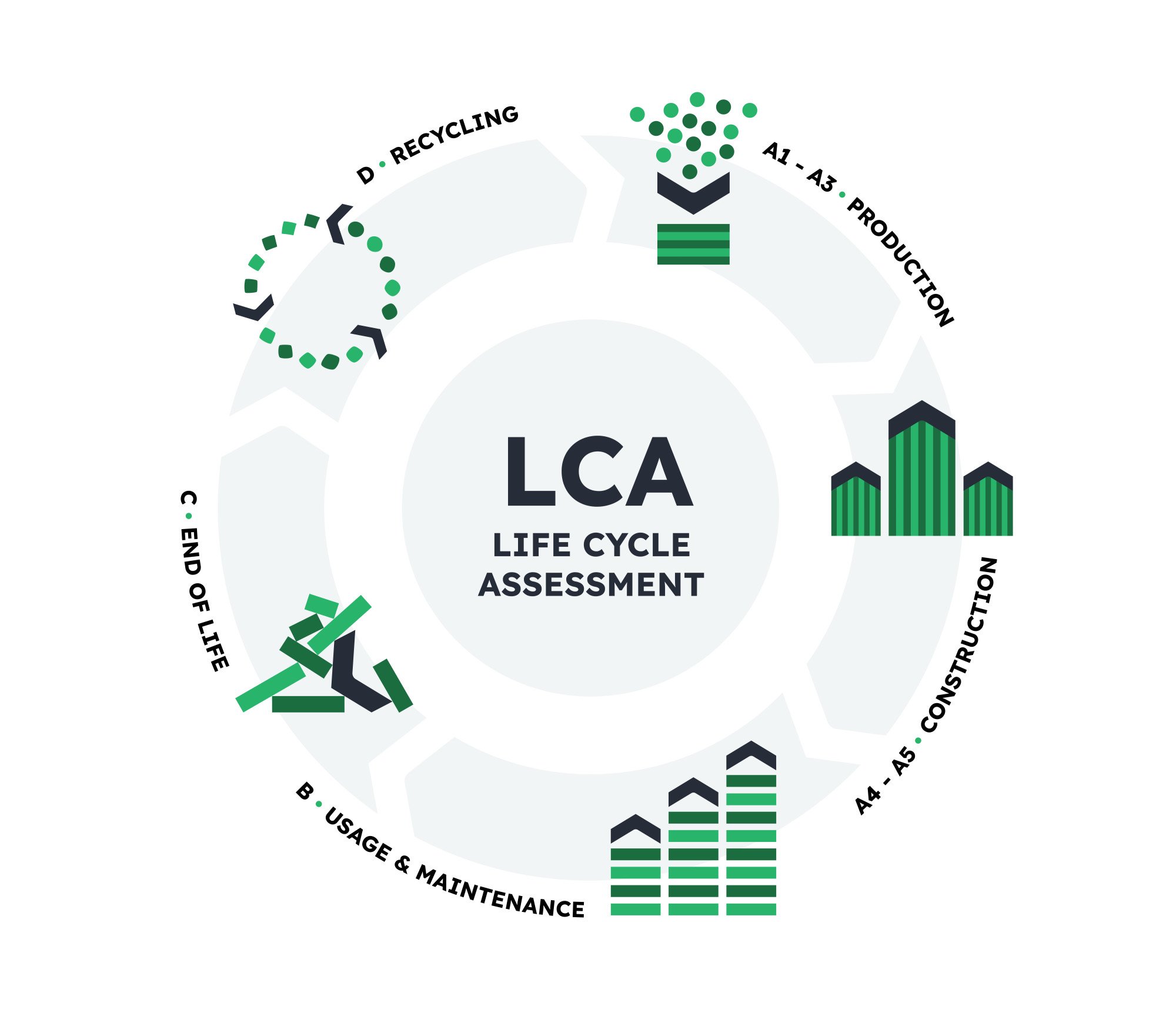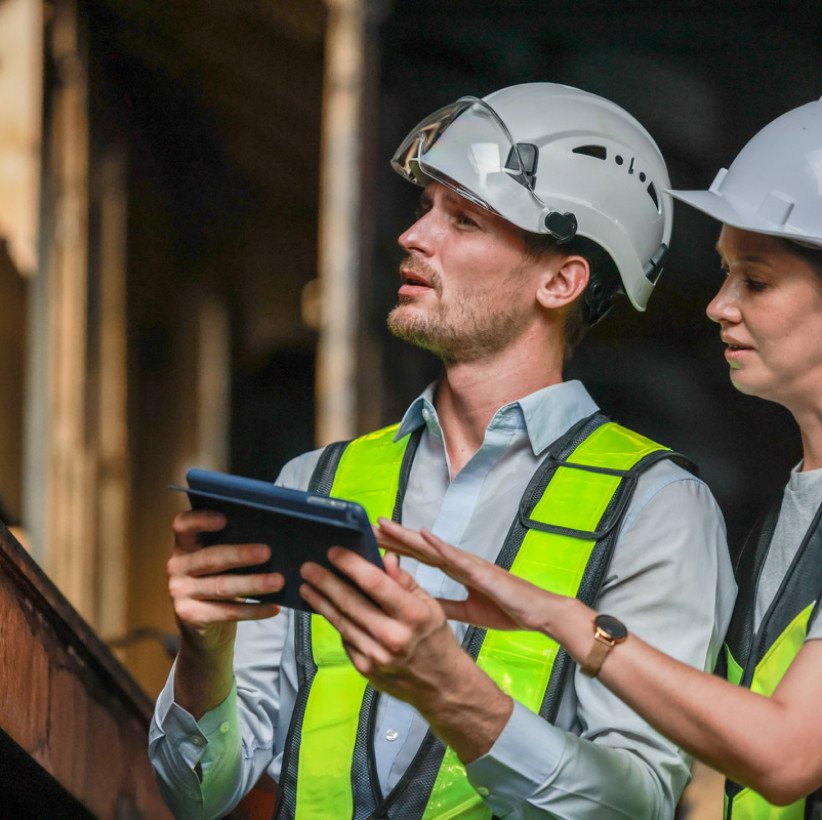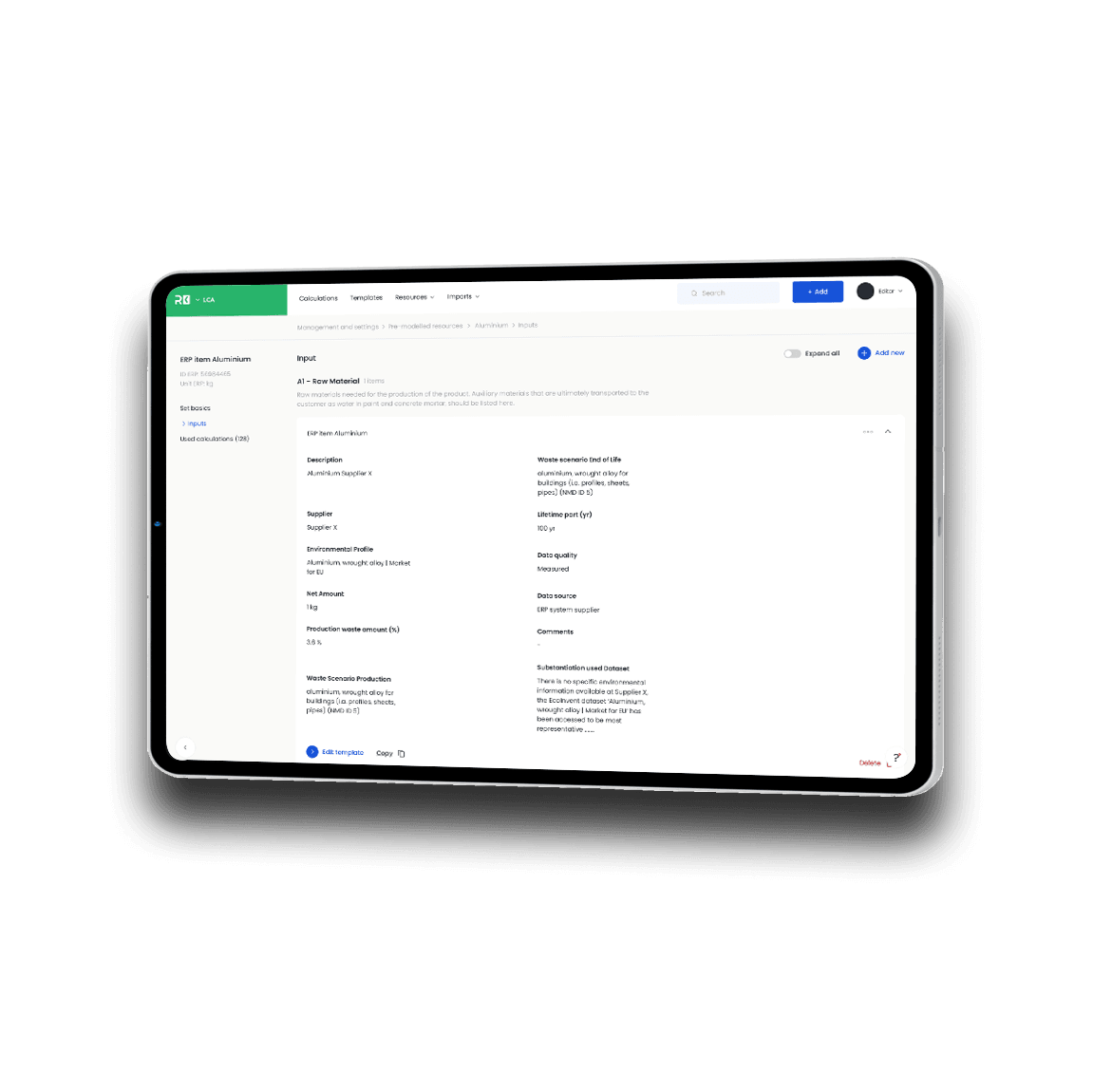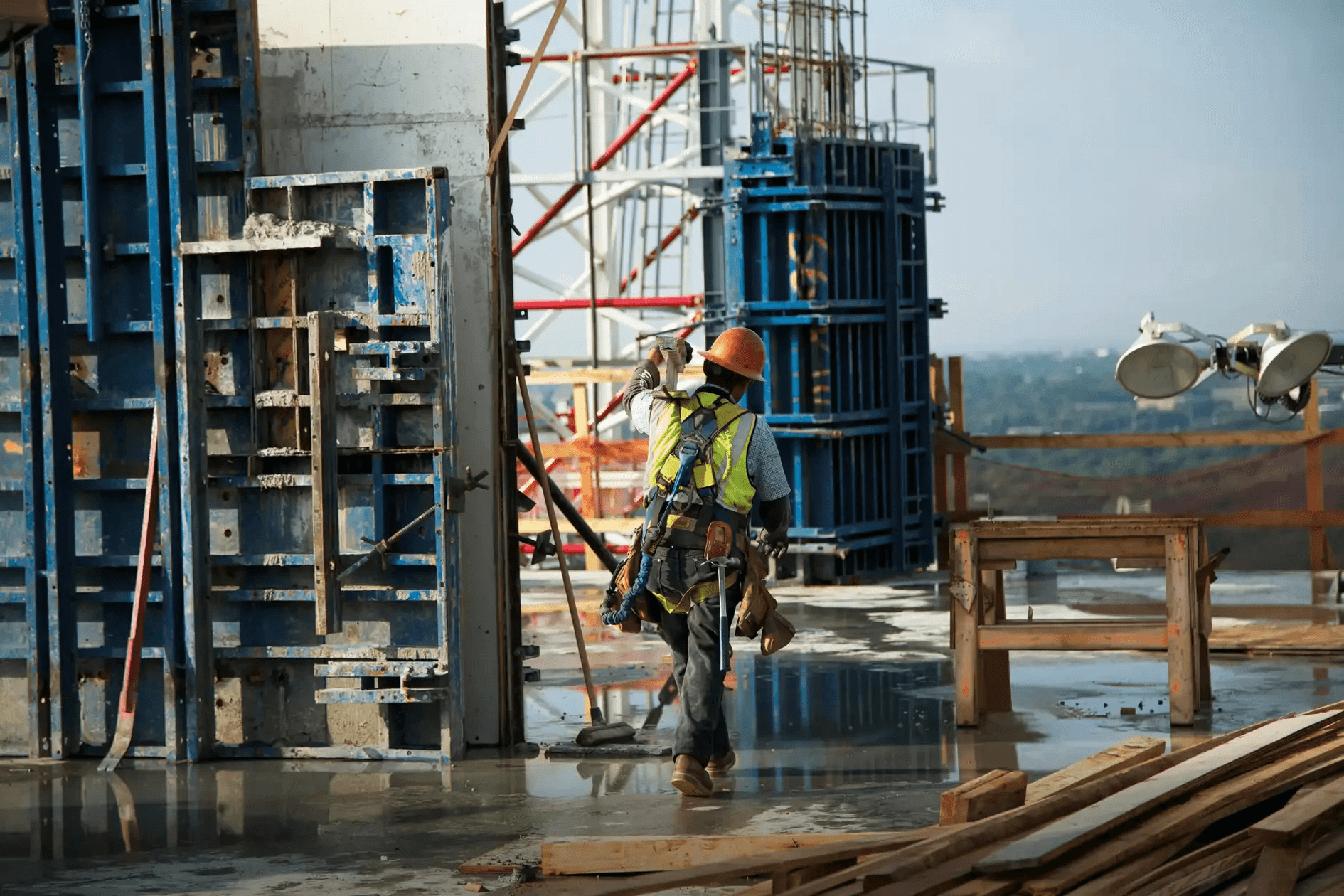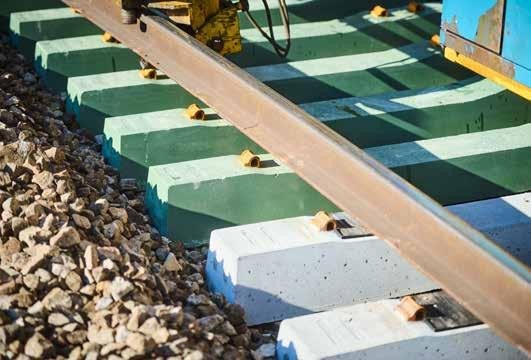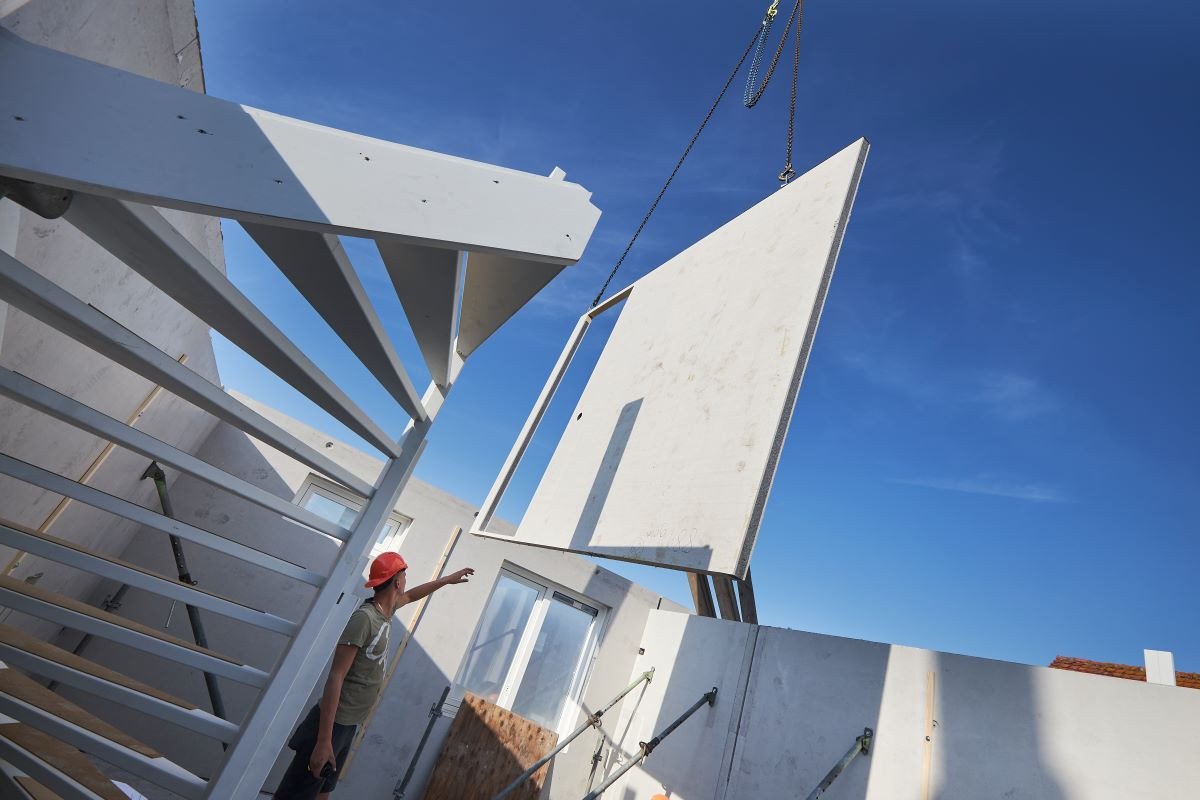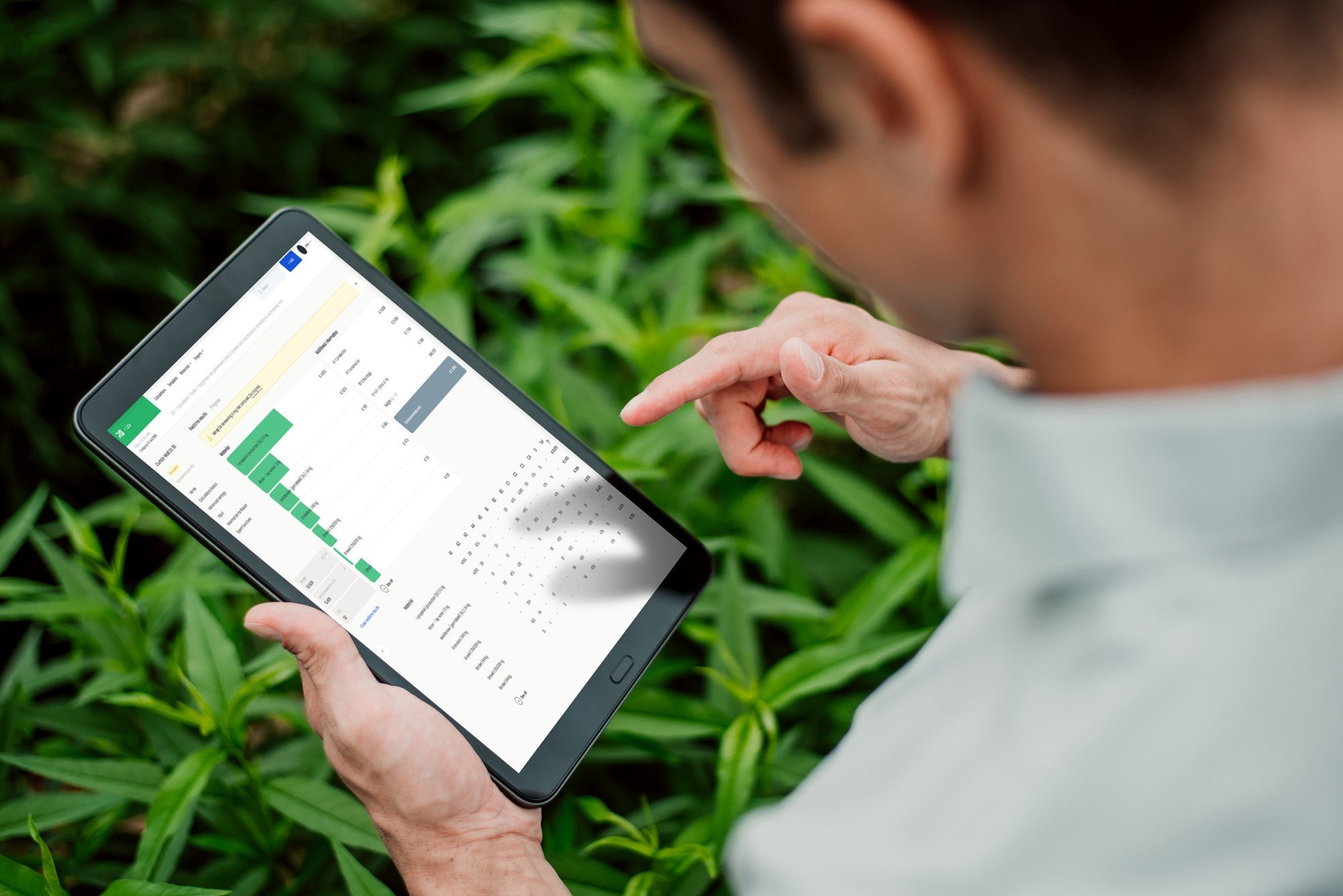
Find out your environmental impact and take action.
R<THINK LCA provides organizations with insights to identify efficiencies by reducing material and energy use, waste generation, and emissions. By measuring environmental impacts generated at each stage of product production, you can make informed decisions and achieve your sustainability goals.
Our integrated R<THINK LCA approach reflects sustainability as a core aspect of our business practices. Our digitalization efforts have created a distinct advantage.
R<THINK LCA exclusively conducts Life Cycle Assessments (LCAs) in accordance with the EN15804 (construction products) and EN50693 (electronic and electrical equipment) standards. We do not offer LCA services for other sectors. This clear focus allows us to provide deep expertise and precision in the industries where these standards apply.




